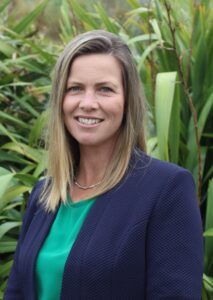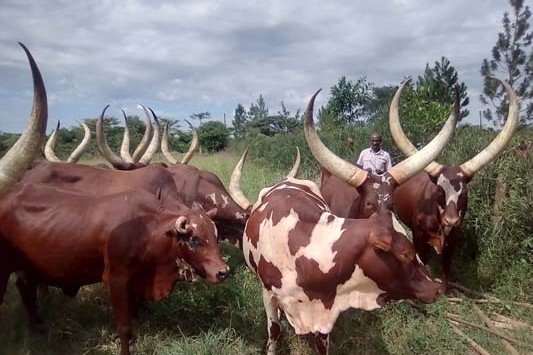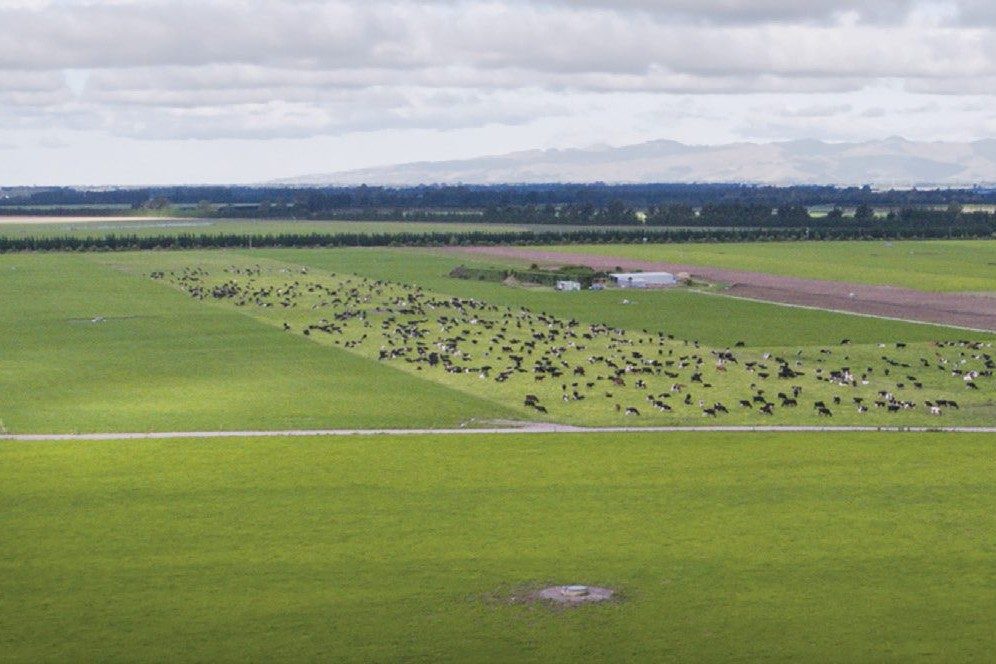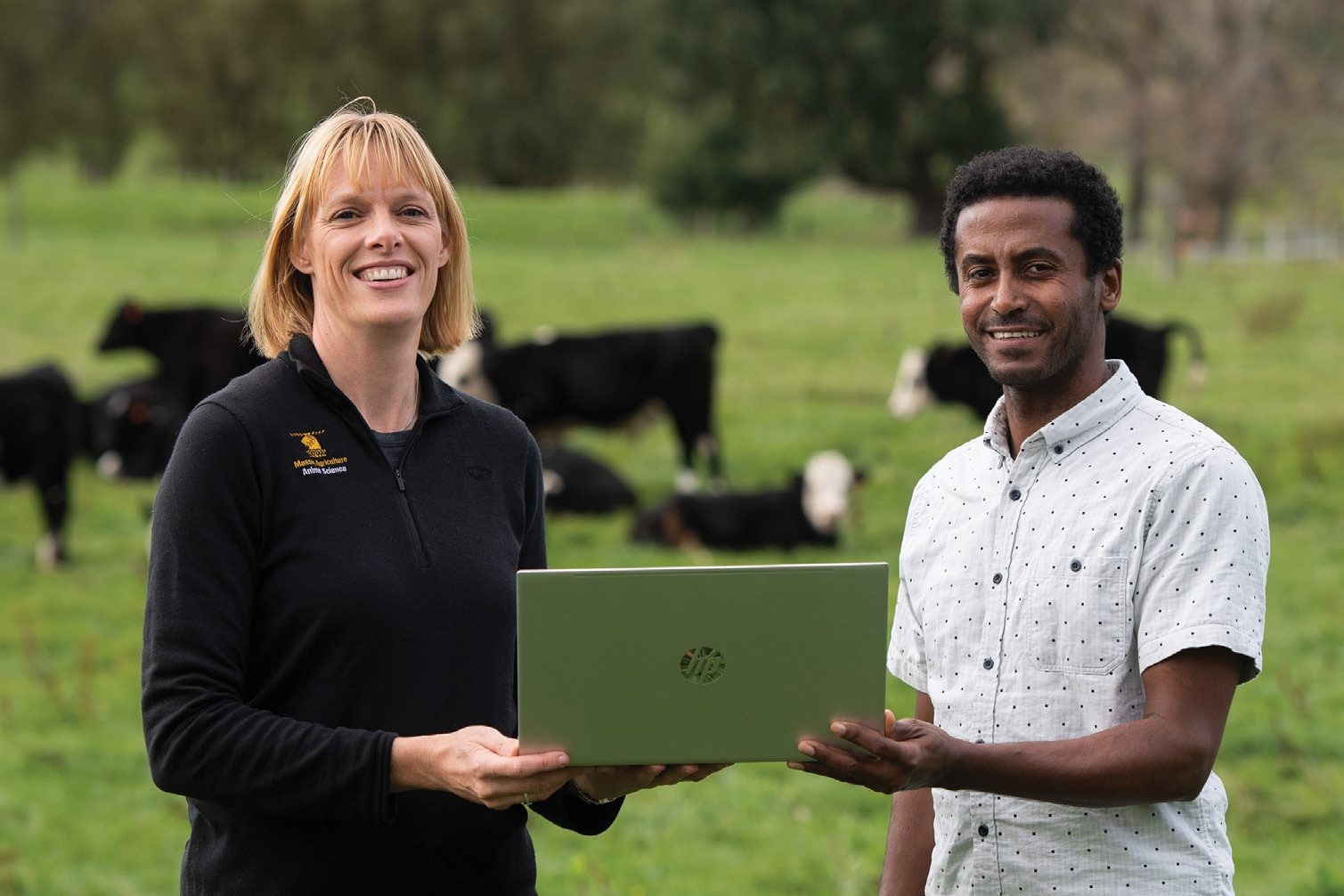By Anne Lee
Investing in water storage and technology to monitor and manage water is helping Mid-Canterbury irrigation co-operative, MHV Water provide more water for its farmers when they need it most without increasing its impact on river flows.
MHV Water, a merger of the Mayfield Hinds and Valetta Irrigation Schemes, is a farmer-owned co-operative company and shareholder of the Rangitata Diversion Race (RDR).
They were first developed as a public works scheme with the original canals and races built in the 1940s.
MHV Water, Ashburton Lyndhurst Irrigation, Ashburton District Council and Trust Power are all shareholders in the RDR, with the canal providing stock water and irrigation to more than 100,000 hectares of farmland and generating energy equivalent to powering about 13,000 households a year.

Over recent years Mid-Canterbury farmers have invested hundreds of millions of dollars in infrastructure through the irrigation schemes, including investments in water storage, automation and piping.
MHV, the largest of the schemes within Mid-Canterbury delivers water and provides environmental support to more than 58,000ha of highly productive land through a network of approximately 100km of piped infrastructure and 320km of open races.
MHV chief executive Melanie Brooks says the efficiencies gained from piping the Ruapuna and Valetta lines include reduced leakage, reduced evaporation, and automated delivery at pressure to the farm gate.
“The farmers on our piped network have reduced energy costs onfarm as they can utilise the gravity-generated pressure in the pipelines to drive their spray irrigation.”
However, she is quick to point out that open race delivery doesn’t equate to inefficient delivery of water and that it isn’t a one-size-fits-all model for the best infrastructure investments for each community.
“In our Mayfield Hinds open race network we first focused on building storage.
“We take water from the Rangitata River in line with the Water Conservation Order, that means when the river is at low levels we take less water.
“This creates uncertainty for farmers and the nature of a majority of our soils here in the Hekeao Hinds is that we’re probably only two weeks away from drought during the height of the summer.
“Farmers would always take their full allocation of water whether they needed it or not because they weren’t sure if the river would run low next time they needed water”.
To remedy that uncertainty MHV built 6.3 million cubic metres of water storage at Carew and they found farmers were taking less water because they knew the water would be available if they needed it.
That’s brought positive environmental outcomes with reduced leaching of nutrient.
“It’s a really big psychological shift – to understand the water is there when they need it.
“They have more confidence.”
When it came to considering piping the Mayfield Hinds open race, onfarm investments that had already been made by farmers, including ponds and pumping infrastructure, made further investment in piping less attractive because much of that infrastructure would have become obsolete.
As a result MHV Water instead looked to how it could gain many of the efficiencies of piping without the corresponding costs (it was estimated to cost $140m to pipe the Mayfield Hinds Open Races).
Over the last four years MHV Water have invested about $4.5m in upgrading the irrigation race capacity, installing automated farmer offtakes, pond sensors on the onfarm ponds and the SCADA network to better manage the delivery. Melanie says the data now available provides farmers with transparency on their take, and pond levels to inform their water ordering and provides MHV visibility on water travelling within the race system.
“We can look at upstream and downstream levels throughout the open race network – so we can see our losses and it gives us an opportunity to line certain parts of the race.
“Our farmers know what they are getting delivered with certainty and we can manage losses through the tails of the race with far more accuracy.
“As a co-operative it’s important we act fairly and equitably and the technology we’ve put in gives us the ability to deliver on those values,” she says.
By combining the upgrades to water delivery infrastructure and water storage MHV have been able to offer their Mayfield Hinds network farmers 20% additional water delivery without any increase in take from the rivers.
“With the investments that have been made we deliver continuous flow through automated measured turnouts, everyone has visibility of orders and delivered water and we have enabled our farmers to maintain soil moisture on days with high evapotranspiration rates, where in the past they would have been going backwards.”
The RDR has consented plans in place to build the large scale 53m cubic metre Klondyke ponds and as a shareholder MHV has engagement in this process.
MHV is also investigating building additional storage facilities.
“We see storage as strategically important infrastructure for our community and we will be looking to invest over the next five to 10 years and to that end we’re looking at a number of options.
“We’ve seen the benefits of storage with building Carew.
“Resilience and certainty mean farmers have more confidence in their investment decisions – that could be trying new crops or diversifying more broadly, environmental mitigations or infrastructure upgrades for efficiency.”
MHV is more broadly investigating revenue streams which utilise the existing infrastructure including hydro and solar generation. MHV also manages the environmental compliance for its farmers.
“Our programme has grown exponentially over the last few years with the tidal wave of legislative change.
“For the last six years MHV has been doing kanohi ki te kanohi (face to face) Farm Environmental Plan meetings to review risks on farms and identify the corresponding actions to address them.
“These meetings are held annually and the plans are subsequently audited by an independent specialist with the results reported through to Environment Canterbury. “
MHV uses the findings from the audit to identify areas where it needs to focus its training and education for its farmers. The training is evolving as farmers’ knowledge grows and research develops.
Farmers pay an environmental charge of $8.50/ha/ year on top of their annual scheme water delivery charge to fund the programme.
“There’s a lot of noise out there for farmers and we aim to distil the noise into practical and relevant information that will support them to drive improved environmental outcomes.”
Melanie says the natural fall along the irrigation scheme’s race network creates the opportunity to install turbines that could generate electricity and the large pond surface lends itself to solar panels being installed with the additional benefits of reducing wave action on the ponds and cutting evaporation.
“At MHV we’ve been delivering water for over 80 years and as we look to the next 80 years we intend to continue to deliver sustainable solutions for our community.”





